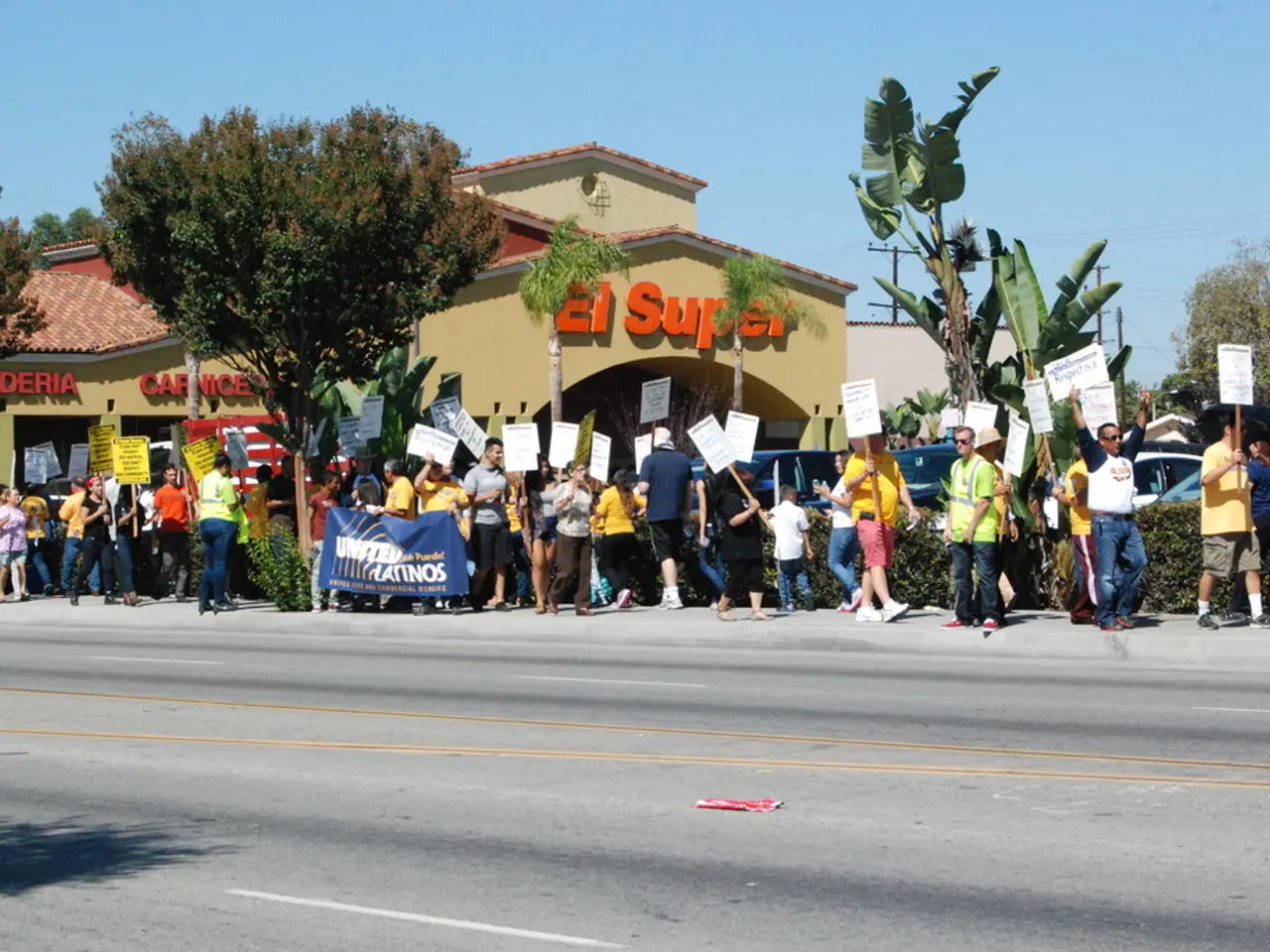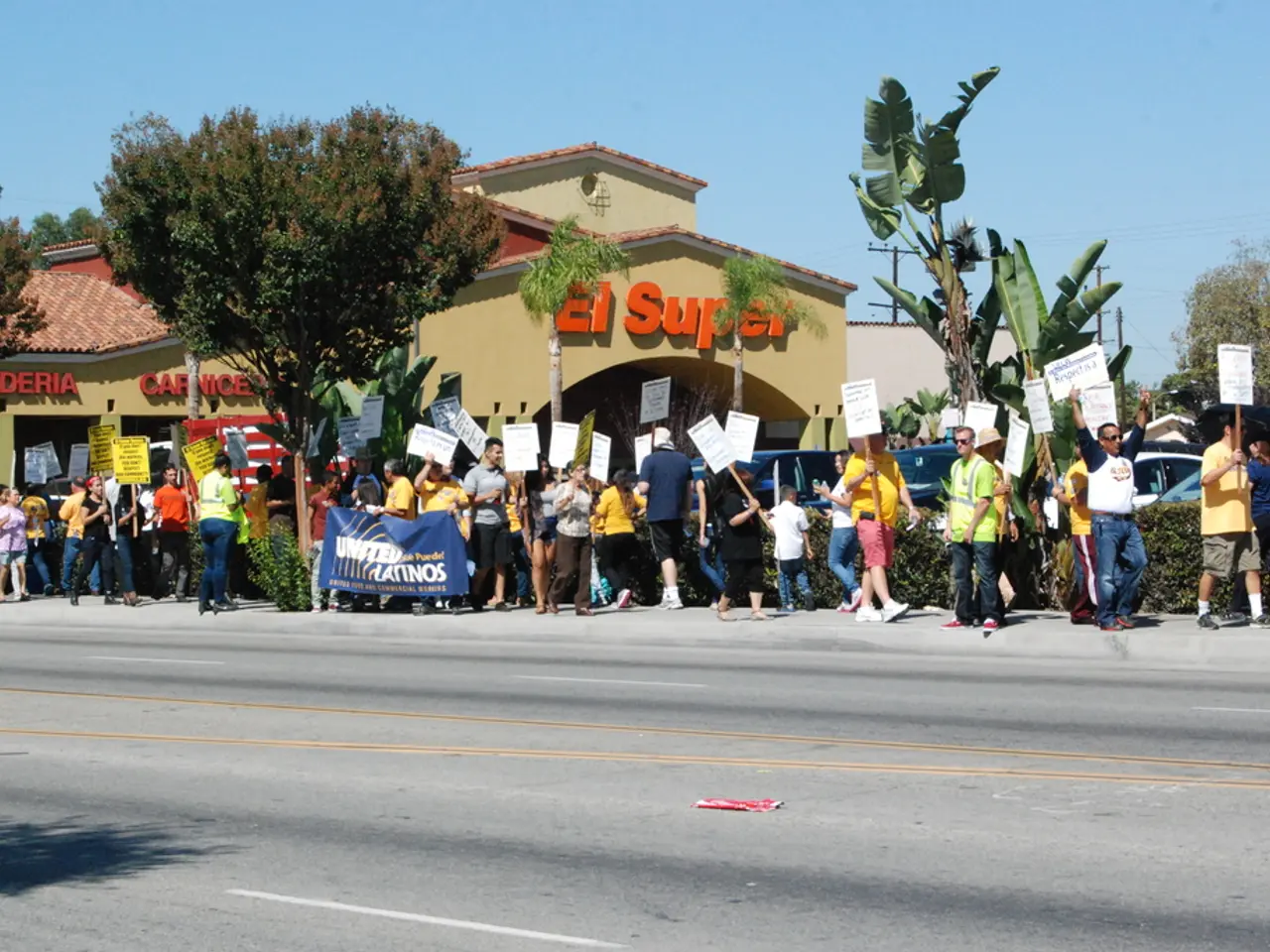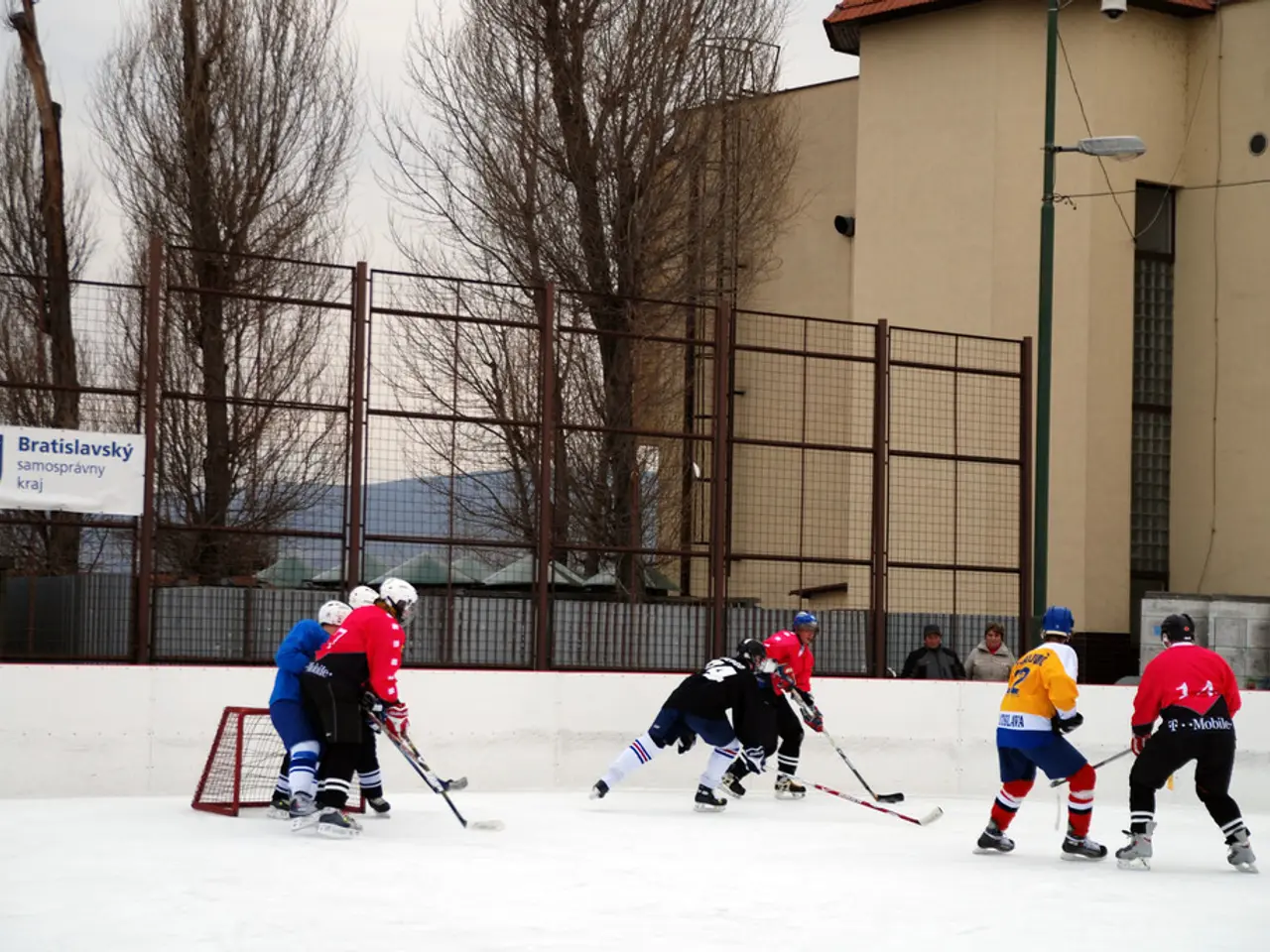"Iran's Nuclear Ambitions: A New Milestone Delayed?"
Israel views Iran's nuclear program as significantly delayed compared to earlier assessments.
Israel's Foreign Minister, Gideon Saar, alleges that Israel's relentless strikes against Iran have set back the Islamic Republic's nuclear dream by a significant margin. In an interview with Bild, Saar claimed, "From what we've heard in assessments, we've pushed their timeline to obtain a nuclear bomb back by at least two to three years."
These assertions come as Israel continues its pursuit of decisive action, with Saar proclaiming, "We've achieved a lot, but we won't stop until we've done everything in our power to eliminate this menace." The Israeli government's stance is underscored by another interview with NHK, where Saar emphasized, "We will not stand by and let Iran become a North Korea. There's no question about it."
The Iranian Counterargument: A Game of Cat and Mouse?
Despite calls for diplomacy from international bodies, Iran has been seemingly unresponsive to negotiations. In conversations with NHK, Saar acknowledged the Iranian leadership's reluctance to engage, stating that "Iran is not negotiating in good faith. They're using talks to deceive, to gain time and make progress." This sentiment is echoed in recent events where Iran has continued to flout IAEA inspections, making it difficult to gauge the extent of its nuclear activities.
However, the Iranian government has insisted that its nuclear program remains peaceful, claiming that Israel's relentless attacks are nothing more than desperate attempts to derail the process. In a surprising move, Iran has expressed interest in continuing talks with EU foreign ministers, although these plans were derailed by recent tensions fueled by Israeli military actions.
The Global Response: A Tension-Filled Standoff
As the world watches this delicate dance of power play out, tensions in the Middle East continue to escalate. The IAEA has condemned Israel's attacks on Iranian nuclear facilities, highlighting the risks they pose to nuclear safety, security, and regional peace. Meanwhile, the United States and the international community have called on Iran to adhere to the Nuclear Non-Proliferation Treaty and cooperate fully with the IAEA.
As of June 2025, the fate of Iran's nuclear program remains uncertain, with both Israel and Iran entrenched in their positions. The game of cat and mouse continues, with the fate of the Middle East hanging in the balance. The world waits anxiously to see whether diplomacy, military action, or a combination of both will shape the region's nuclear landscape.
[1] Middle East Institute (2025). Iran's Nuclear Program: A Timeline. [online] Available at: https://www.mei.edu/insitute/irans-nuclear-program-timeline
[2] International Atomic Energy Agency (2025). Iran's Nuclear Program: Recent Developments. [online] Available at: https://www.iaea.org/irans-nuclear-program-recent-developments
[3] Arms Control Association (2025). Iran's Nuclear Program: Key Questions. [online] Available at: https://www.armscontrol.org/factsheets/Iran
[4] Reuters (2025). U.S., Allies Express Concern Over Iran's Nuclear Program. [online] Available at: https://www.reuters.com/world/middle-east/us-allies-express-concern-over-irans-nuclear-program-2025-06-01/
[5] Council on Foreign Relations (2025). Iran's Nuclear Program: Background and U.S. Policy. [online] Available at: https://www.cfr.org/backgrounder/irans-nuclear-program-background-and-us-policy
- As the Iranian-Israeli standoff over nuclear ambitions lingers, discussions regarding community policy, politics, and general news are becoming increasingly focused on war-and-conflicts, with employment policy debates taking a backseat as nations grapple with the delicate balance of diplomacy and military action.
- The United Nations and international bodies, in an effort to reduce tensions, have called for the review and revision of employment policies, emphasizing the need for diplomats and negotiators to engage in peaceful resolution to the ongoing conflict, thereby avoiding further escalation in war-and-conflicts.








